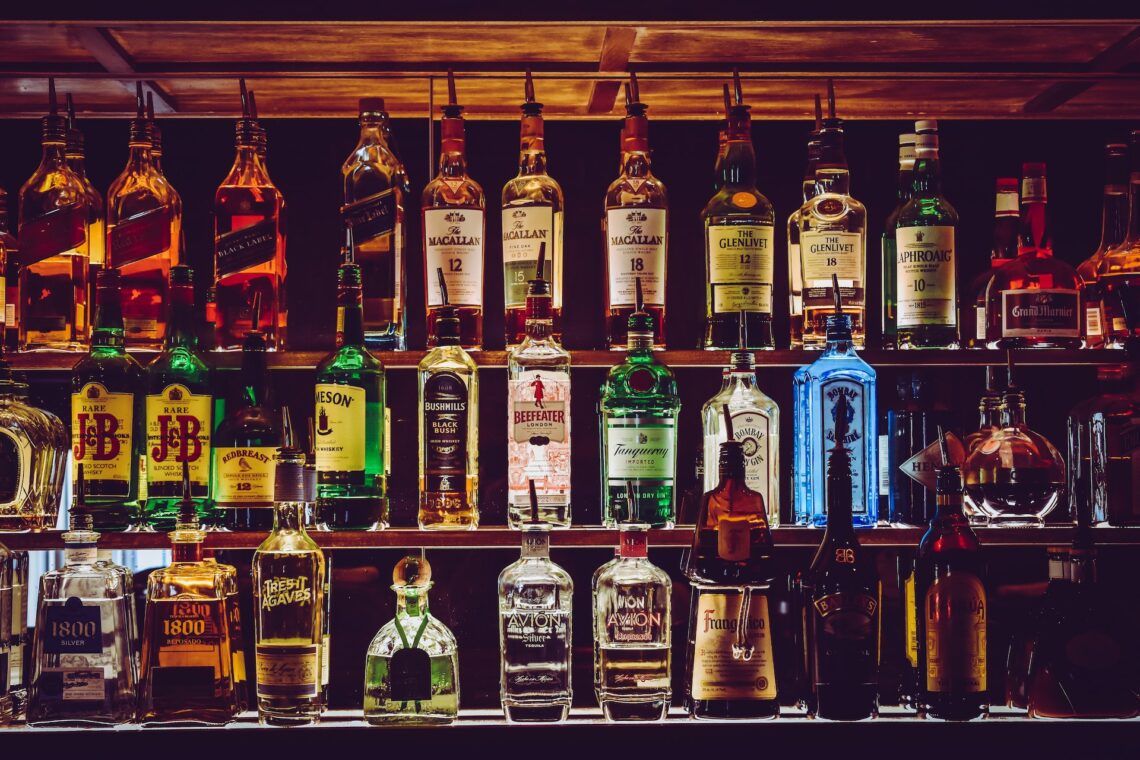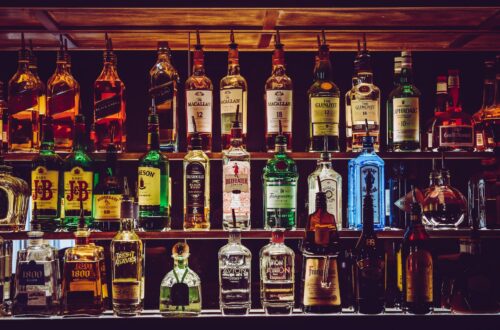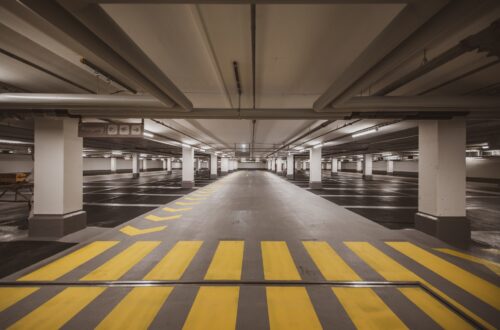A state-issued license known as a “liquor license” enables you to sell alcohol in your place of business. There might be laws unique to different states. For instance, Oregon and other states directly control the sale, distribution, and consumption of alcohol.
States frequently impose restrictions on the number of drinks they can serve to each patron and mandate that unfinished bottles be left inside the establishment to prevent public intoxication. So how does one obtain a liquor license? What you should know is as follows.
Application Process
Applying for a liquor license can be a lengthy process. First, you need to complete the application in full and submit it to the state ABC board. The process may be completed online or via mail. The application for an alcohol license Dallas, TX, must include all required forms and permits. Once you submit your application, it can take up to six months to receive approval. During this time, the state ABC board will work with the local agencies and may receive objections.
Types of Licenses
Different types of liquor licenses can cover different types of businesses. The most common is a beer-and-wine license. This license type allows businesses to sell beer and wine but does not allow sales of strong alcohol. It may also be used to sell alcohol for special events. However, it is more expensive and harder to obtain.
Before opening a bar or restaurant, you must obtain a license from your state’s ABC board. Depending on the state, this process can take several months. You can also pay a processing fee of up to $300. Again, the fees can vary depending on the license type and the state you’re opening. Additionally, you must obtain a local zoning permit and code compliance certificate before selling alcohol.
Requirements
Before you can start selling alcohol, you must get a liquor license. There are several types of licenses, and they all require an application. Some licenses are for wine and beer sales, while others are for wholesale distribution. The type of license you get will depend on your location and what kind of business you have. You must also have a sales tax permit and business license. You may also need a zoning or building permit; in some states, you cannot sell alcohol near schools.
To become a bar or restaurant owner, you must be over 21 years old and have a clean criminal history. You cannot have a felony conviction. Also, you must not have a previous alcohol-related crime. There is a waiting period of two years before you can reapply for a license.
Consult an Attorney
Before applying for a liquor license, you must thoroughly understand the legal requirements governing alcohol sales. The application process is lengthy and complex; filling it out incorrectly can lead to denial. An attorney can help you fill out the application accurately and avoid mistakes.
The application process may also involve the disclosure of personal and business information. You will also need to provide a layout of the premises and financial records. These documents are typically long and complex, and you may need counsel to help you fill them out. Additionally, clerical errors can cause the application process to take longer than it needs to.
You should also know that applying for a liquor license can be challenging if you move to a new location. You will need to apply for a temporary license to operate your business until you can obtain a permanent license. This way, you can protect yourself from potential patron complaints and avoid wasting time and money on an unnecessary application. An attorney will also help you fill out the application correctly and speed up the process.






